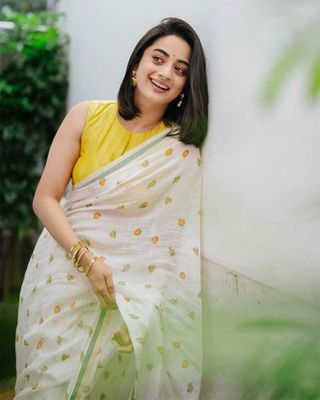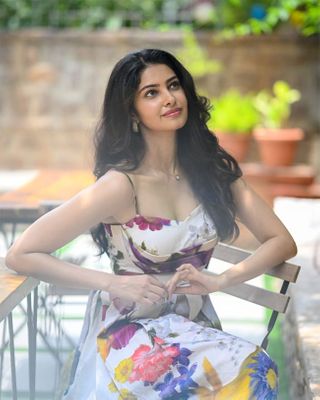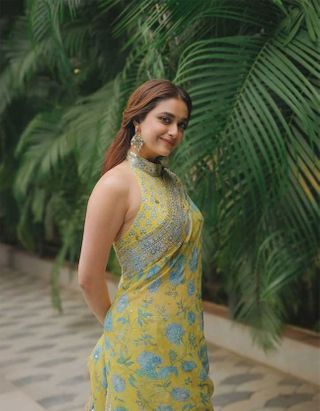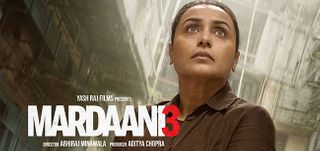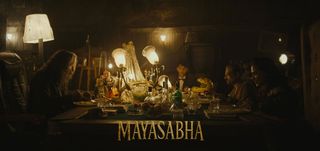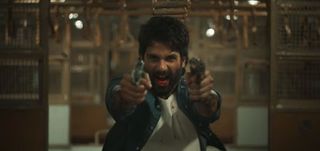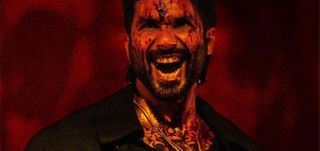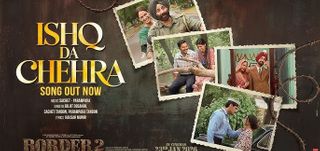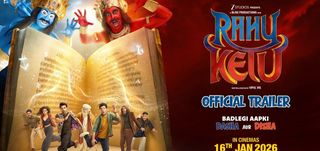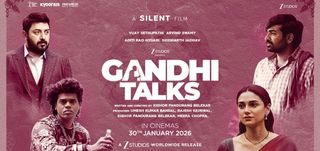
Jodhaa Akbar Movie Review
It is truly wonderful; that once-in-a-while feeling when one has gooseflesh all over when a film begins, when one sits up and watches with eyes and ears wide open, keen to absorb every bit of what one expects to be sheer cinematic magic unfolding on screen. The excitement is both palpable and inevitable, the film in question carrying the heavy tag of being 'from the director of 'Lagaan' and 'Swades'.'
The Ashutosh Gowariker tag is visible right from the beginning of 'Jodhaa Akbar', as Amitabh Bachchan's impressive baritone introduces the film- reminiscent of Lagaan. But the gooseflesh-inducing excitement wears off as the voiceover narration extends into a tedious thirty-minute history lesson. Gowariker's intentions remain undoubtedly noble as he painstakingly lays the ground for his royal romantic saga, with some spectacular- even if a tad clumsy- battle sequences, but one almost wishes that he hadn't taken the trouble and done the job with a few title cards.
Then again, Gowariker evidently doesn't believe in taking the easy way out when it comes to his films. The director, who initially seems uncomfortable with the high drama in the film, pulls in his reins and admirably walks the tightrope between historical fact and fiction. 'Jodhaa Akbar' is certainly not Gowariker's best work- it lacks the seamless structure and narrative economy of his last two films and sometimes tests your patience- but patience has its rewards, and the film despite hiccups, remains a must-watch.
The film is, at its core, an epic love story between the Mughal Emperor and his Rajput wife- and in that respect 'Jodhaa Akbar' works spectacularly. What is important is not the question if the events as shown in the film are true, but the fact that Gowariker makes us want to believe him, as he slowly but steadily builds a charming and fascinating romance.
There is enough to keep you glued to 'Jodhaa Akbar' despite its daunting length- this could well be called Ashutosh Gowariker's most masala film as he often fills this film with uncharacteristic kitsch- with grand entrances for the 'hero' and 'heroine', plenty of swashbuckling action scenes, including an ostentatiously shirtless moment for Hrithik, and a scandal-filled Saas-Bahu track that would make Ekta Kapoor proud. And then, of course there are the director's trademark sparkling scenes, like the brilliantly audacious moment in Rahman's soulful Khwaja Mere Khwaja, where the Emperor bathed in heavenly light gets up to do an impromptu dance with the Sufi singers, as if in a divine trance.
Gowariker seemingly can't help but make socially relevant films, and it is impossible not to notice how he stubbornly though deftly makes it a point to weave in topical issues and messages about secularism and communal harmony even in a historical like 'Jodhaa Akbar'. He also can't help but make long films, but while Lagaan and even Swades justified their length, 'Jodhaa Akbar' could definitely have been less flabby and shorter than half an hour.
Technically, 'Jodhaa Akbar' is first class- Kiran Deohans sumptuously captures Nitin Desai's eye-popping sets and Rahman creates exquisite music as usual. However, the background score is abrupt and jarring to the point of being comical, and Ballu Saluja's wipe transitions are shoddy and archaic.
Gowariker's supporting cast is competent as usual, with the exception of Sonu Sood who tragically fails to capitalize on his potentially strong character. The film, of course, is finally about Jodhaa and Akbar, and the leads do remarkably well with strong performances and their tantalizing chemistry, which is as elegant as it is erotic.
Aishwarya Rai makes for an ethereal yet feisty Jodhaa, effectively portraying purity, willfulness and vulnerability with those beautiful eyes and yet again proving that given a chance and a good director, she can be much more than plastic. But the film clearly belongs to Hrithik Roshan, who holds the film together with a powerful<
OTHER REVIEWS






